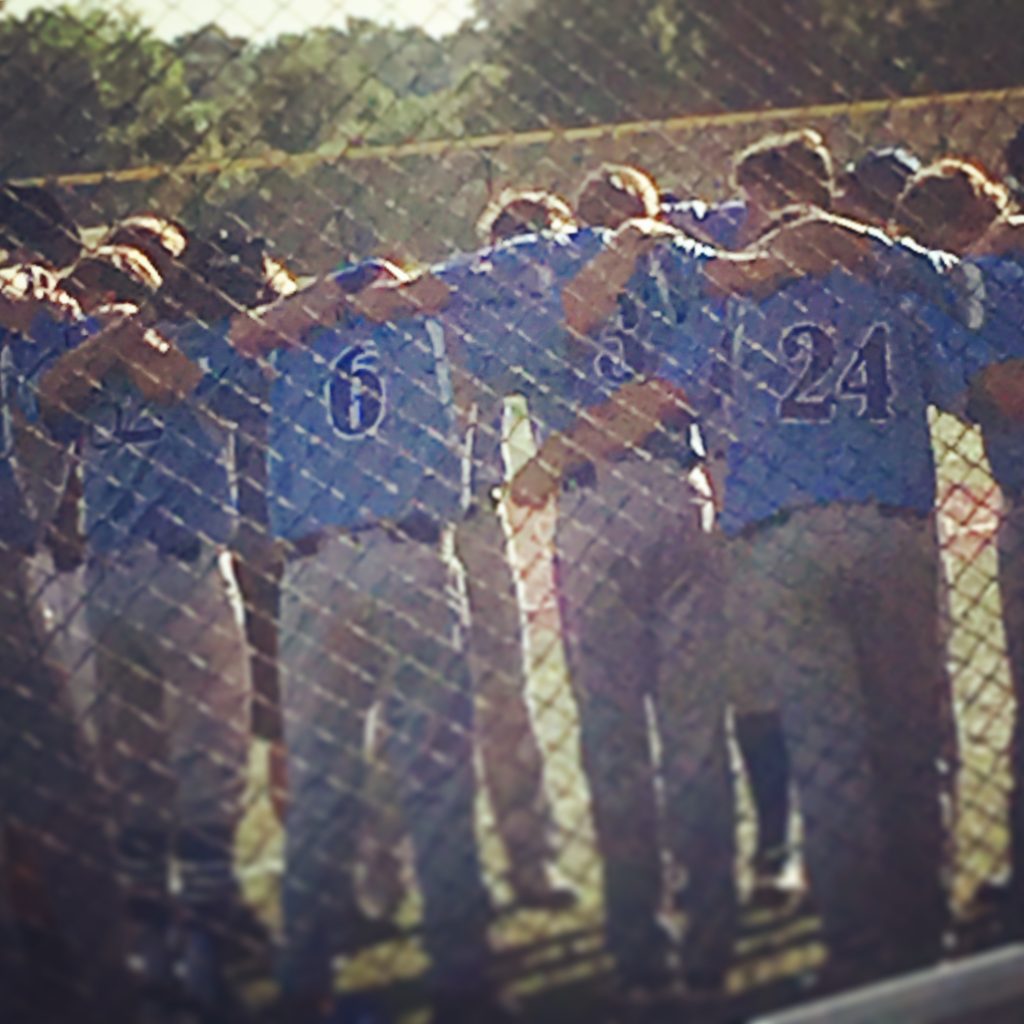Everything I learned, I learned from baseball. Ok, not really. But baseball has given us much, especially in how we can apply it to today’s culture. Full disclosure notice: I will not do the topic justice today; the topic is perhaps too big and broad. Alas, no less, we shall offer a small glimpse, highlighting a bit of what we’ve learned…
Two opposing teams, each trying to win… Each, hopefully, playing their best…
There are rules. They are clear; there is a definite right and a definite wrong.
There is no such thing as moral relativity. Granted, an element of subjectivity does enter every playing field. The authority on the diamond, the umpire crew, is where the subjectivity surfaces, as umpires don’t always see things the same way as coaches. They often disagree with each other (sometimes vehemently), interpreting reality differently… especially that so-called strike that’s a little low and outside.
What’s ironic about the umpires is that they are actually paid for by the tournament hosts, hosts who receive their monies from the participating teams. Therefore, the on-field authority serves at the request of the players and teams. Checks and balances are everywhere. And checks and balances are good.
What’s also so attractive in this centuries old pastime is the boy who plays with everything he’s got… whether that be the focus or the hustle or his head in the game. It’s the giving of 110% all the time — the one who never “takes a play off.” While we each are often enamored with incredible talent, absent the focus, hustle, and head in the game, talent alone typically doesn’t spur on the greatest amounts of enthusiastic cheer.
Let me speak briefly to that cheer. Yes, there are two teams playing in direct competition with one another. Only one can win. But regardless of the score, regardless the impact on one’s own standing, most cheer for an excellent play. Most cheer, too, for an exiting pitcher. And most cheer still when the injured arise to their feet. Some things are bigger than baseball. And most know that.
Perhaps what’s best about young adult baseball is the end of the game. As the dirt’s finally settling with dust still in the air — not to mention that not-so-faint breeze of oh-so-sweaty sweat — the young men end the day by shaking hands and wishing their opponent well. “Good game,” is the frequent refrain. Perhaps there are times when those boys are totally gritting their teeth, unable to mean what they say in all sincerity. But they are young men — soon to be adults. They are training for what God has in store for them next. What’s next for each of them is that they will sometimes have to do what’s right even when they don’t feel like it. (Welcome to adulthood.)
This past Saturday, after 15 summers (and springs and falls) sitting in the stands with multiple sons utilizing their varied, solid skill sets, we finished what will probably be our last son’s last game of highly competitive baseball. “If these stands could speak,” I often wonder. I wonder all that they would utter, having witnessed arguably our best and our worst — and having been host to the building of some wonderful friendships. One of the best things about baseball is the brotherhood on the field — and the sweet, resulting camaraderie in the stands. In this game it truly does not matter if you are black, white, Christian, Jewish, etc. etc. There’s a clear realization that we’re all in this together.
After my son walked across the field, shaking those hands a final time, disappointed to have exited this tournament a game or two too soon, we were quickly able to be thankful for all we’ve learned. We packed up our stuff, pausing for hugs, high-fives, and warm wishes to many.
The last game. Of the last season. No doubt there’s something good in store for him next.
As we strolled to the car, I noticed his infectious, quiet smile that never totally left. We both knew the gift the years and the game had given.
Respectfully…
AR










